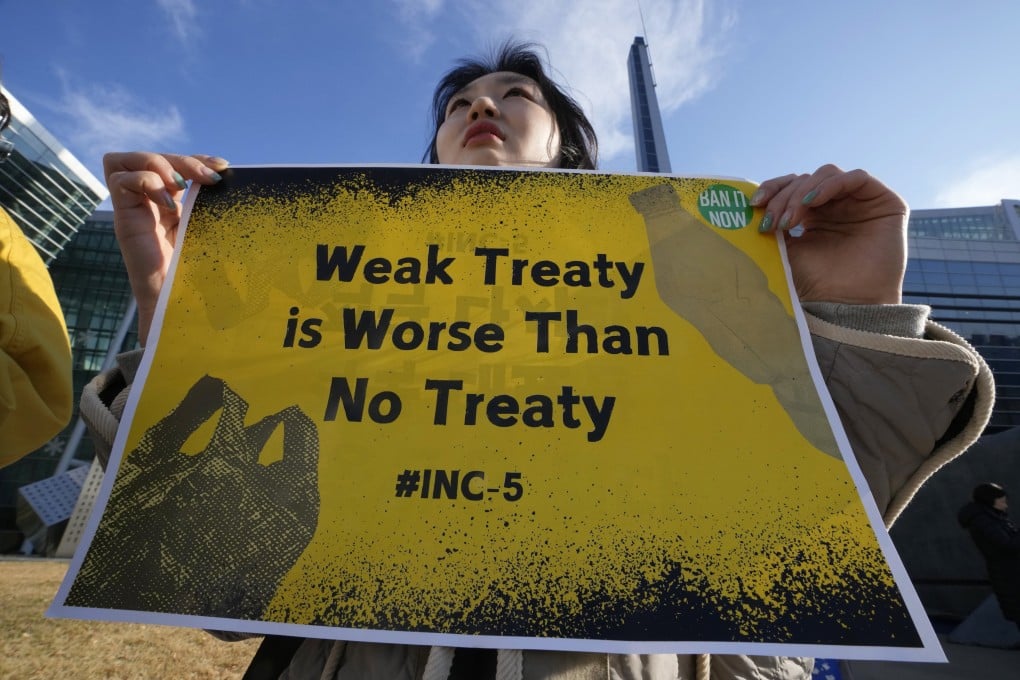Letters | No global plastic treaty yet, but Hong Kong has work to do
Readers discuss the imperative of passing local legislation to curb plastic use, the authority vested in Malaysia’s Conference of Rulers, and the danger of narrow pavements

Feel strongly about these letters, or any other aspects of the news? Share your views by emailing us your Letter to the Editor at letters@scmp.com or filling in this Google form. Submissions should not exceed 400 words, and must include your full name and address, plus a phone number for verification
This delay is especially disheartening for small island nations and coastal communities on the front line of plastic pollution. As a representative from Panama aptly stated: “This is not a drill, this is a fight for survival.”
In his 2023 policy address, the chief executive said that a bill to amend the Product Eco-responsibility Ordinance in order to establish a common legislative framework for producer responsibility schemes would be introduced by the end of the year, but progress has clearly stalled.